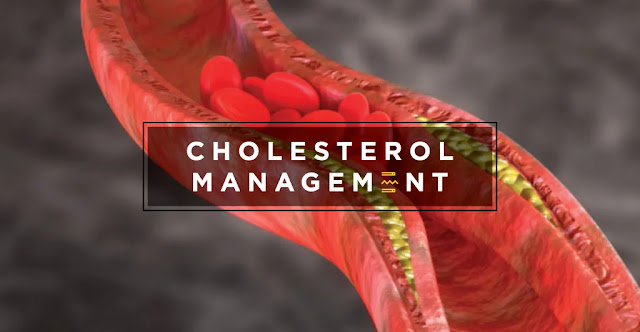Guggulsterone is a compound derived from the resin of the Commiphora mukul tree, commonly known as guggul. It has been used in traditional Ayurvedic medicine for various health conditions. Here are some key points about guggulsterone:
Guggulsterone benefits
Cholesterol Management:
Guggulsterone has been studied for its potential cholesterol-lowering effects. It may help lower LDL ("bad") cholesterol levels and triglycerides while increasing HDL ("good") cholesterol levels. These effects are believed to occur by inhibiting certain enzymes involved in cholesterol synthesis.
Anti-Inflammatory Properties:
Guggulsterone exhibits anti-inflammatory properties and has been studied for its potential in managing conditions associated with inflammation, such as arthritis. It may help reduce pain, swelling, and joint stiffness.
Weight Management:
Some studies suggest that guggulsterone may have a positive impact on weight management. It may help regulate fat metabolism and support healthy weight loss. However, further research is needed to fully understand its effects and determine optimal dosages.
Thyroid Support:
Guggulsterone has been traditionally used to support thyroid function. It may help stimulate the thyroid gland, potentially aiding in conditions like hypothyroidism. However, more scientific evidence is needed to establish its effectiveness and safety for thyroid health.
Antioxidant Activity:
Guggulsterone exhibits antioxidant properties, which help protect the body against oxidative stress caused by harmful free radicals. Antioxidants play a crucial role in maintaining overall health and reducing the risk of chronic diseases.
Safety and Considerations: Guggulsterone is generally considered safe for most people when used in appropriate doses. However, it may interact with certain medications, such as blood thinners and thyroid medications. If you have any existing health conditions or are taking medications, it's advisable to consult with a healthcare professional before using guggulsterone supplements.
Forms and Dosage: Guggulsterone is available in various forms, including capsules and tablets. The recommended dosage can vary depending on the product and intended use. It's best to follow the instructions provided on the product packaging or consult a healthcare professional for guidance.
It's important to note that while guggulsterone may offer potential health benefits, it should not replace medical treatment or professional advice. If you are considering using guggulsterone supplements, it's advisable to do thorough research, consult a healthcare professional, and purchase products from reputable sources.
FAQ:
(1) What is Guggulsterone extract?
Guggulsterones are a group of plant sterols, which are natural compounds found in certain plants. The two main types of guggulsterones are Z-guggulsterone and E-guggulsterone. They are believed to be the active constituents responsible for many of the therapeutic effects attributed to Guggul.
Guggulsterone extract has gained attention for its potential health benefits, including:
Cholesterol management: Guggulsterones have been studied for their ability to help maintain healthy cholesterol levels. They are believed to enhance the breakdown of cholesterol and inhibit its synthesis in the liver.
Anti-inflammatory properties: Guggulsterone extract has shown anti-inflammatory effects in various studies. It is believed to modulate certain pathways involved in inflammation and may be beneficial for conditions related to chronic inflammation.
Antioxidant activity: Guggulsterone extract exhibits antioxidant properties, which can help protect cells from oxidative stress and damage caused by free radicals.
Weight management: Some studies suggest that guggulsterone extract may aid in weight management by promoting fat metabolism and regulating lipid levels.
It's important to note that while guggulsterone extract has shown promise in preclinical and some clinical studies, more research is needed to fully understand its effects and determine optimal dosages for specific conditions.
If you are considering using guggulsterone extract as a dietary supplement or for any specific health condition, it is advisable to consult with a healthcare professional or a qualified practitioner who can provide guidance based on your individual health profile and any potential interactions with other medications or conditions you may have.


Comments
Post a Comment